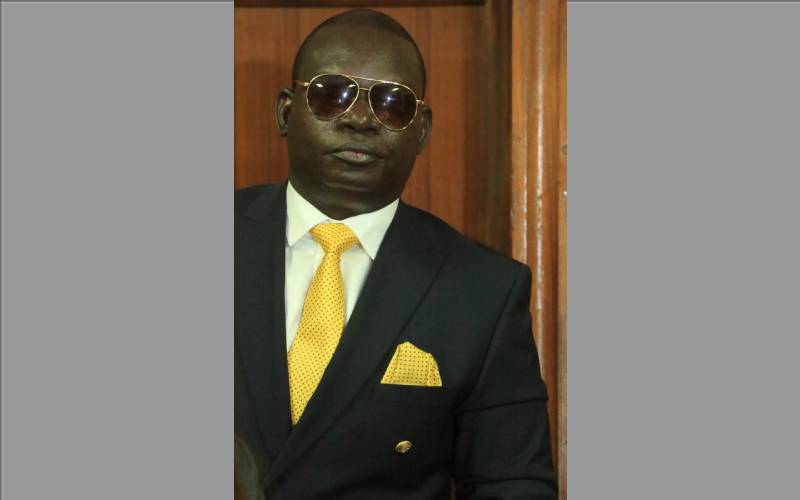×
The Standard e-Paper
Smart Minds Choose Us

Paul Kobia at a Milimani court in Nairobi during a past case. [George Njunge, Standard]
It is unusual for a bank to kick out a client, return his money and declare it does not wish to continue doing business with him.